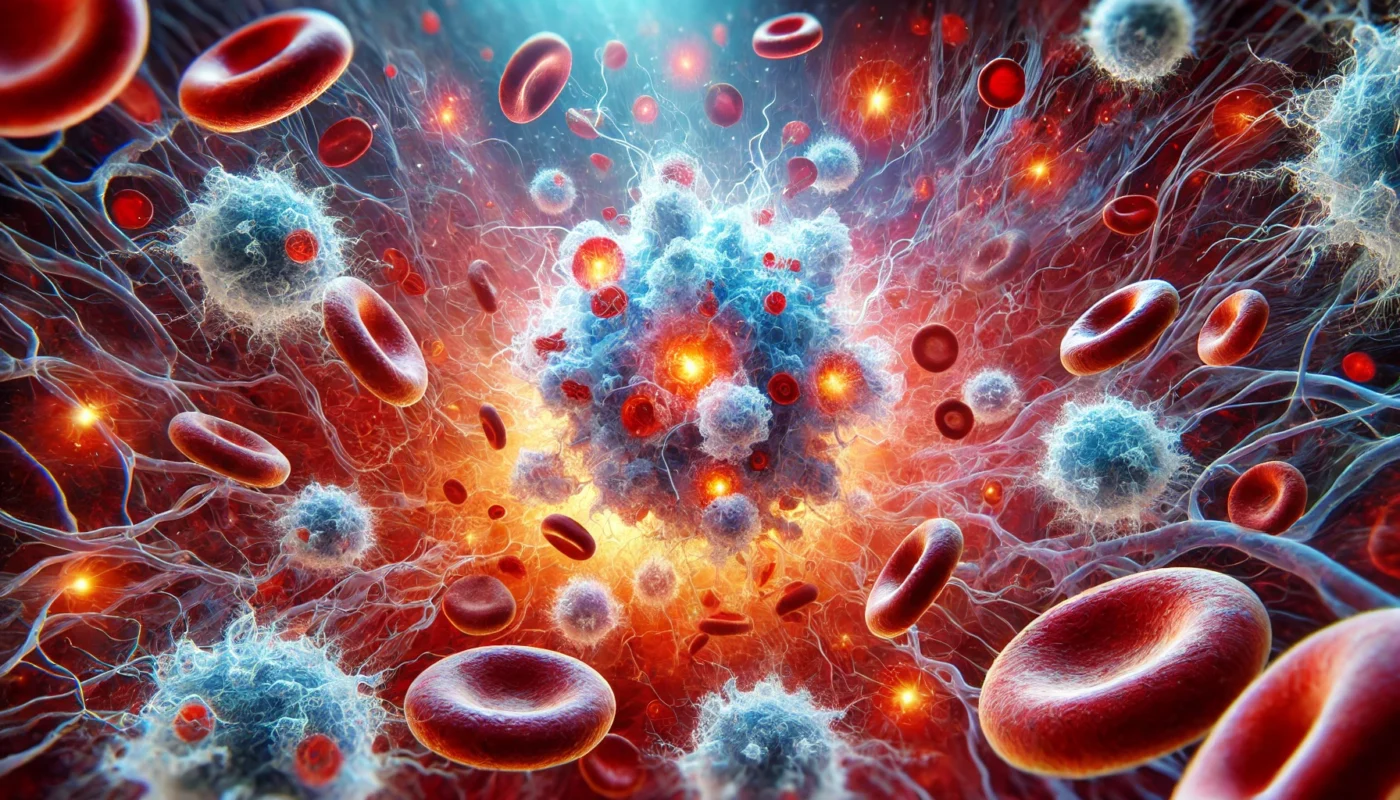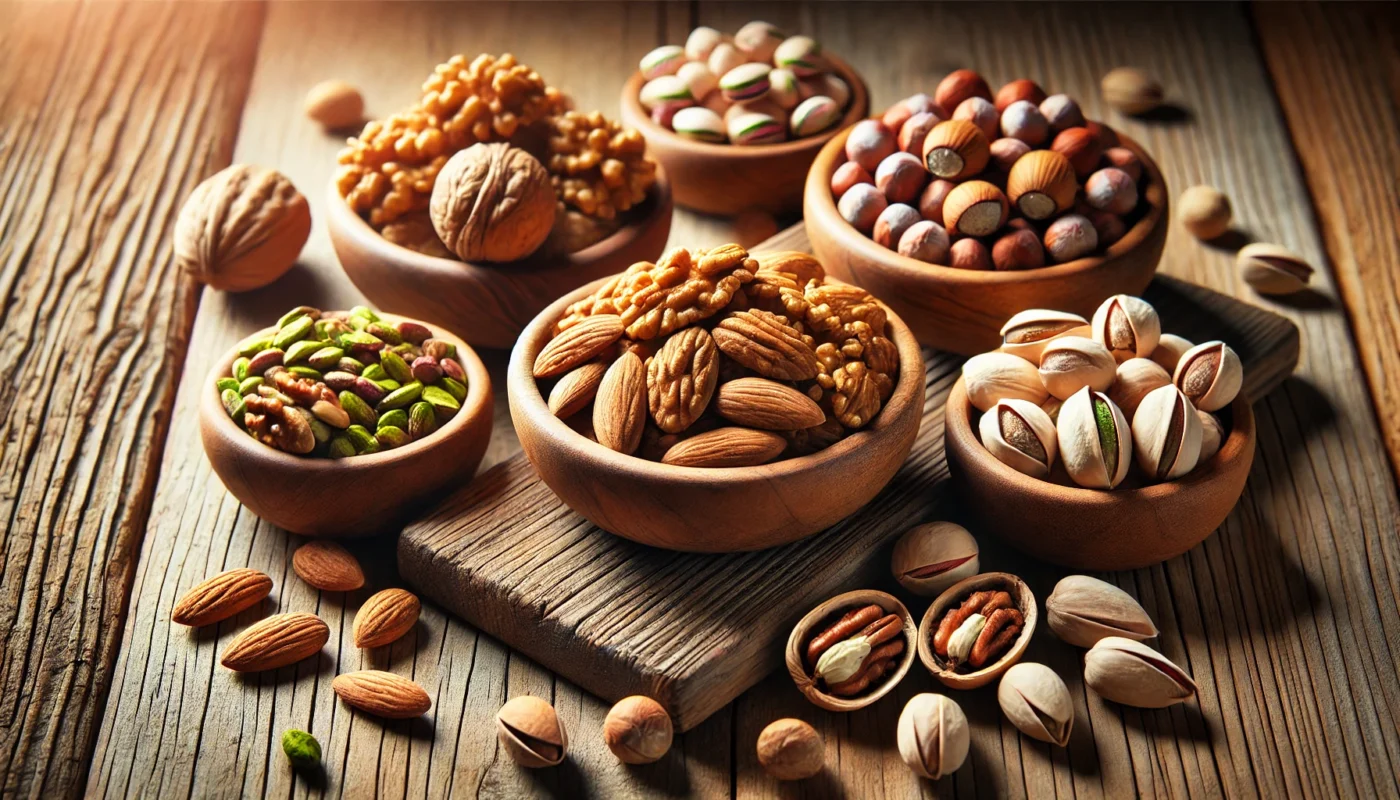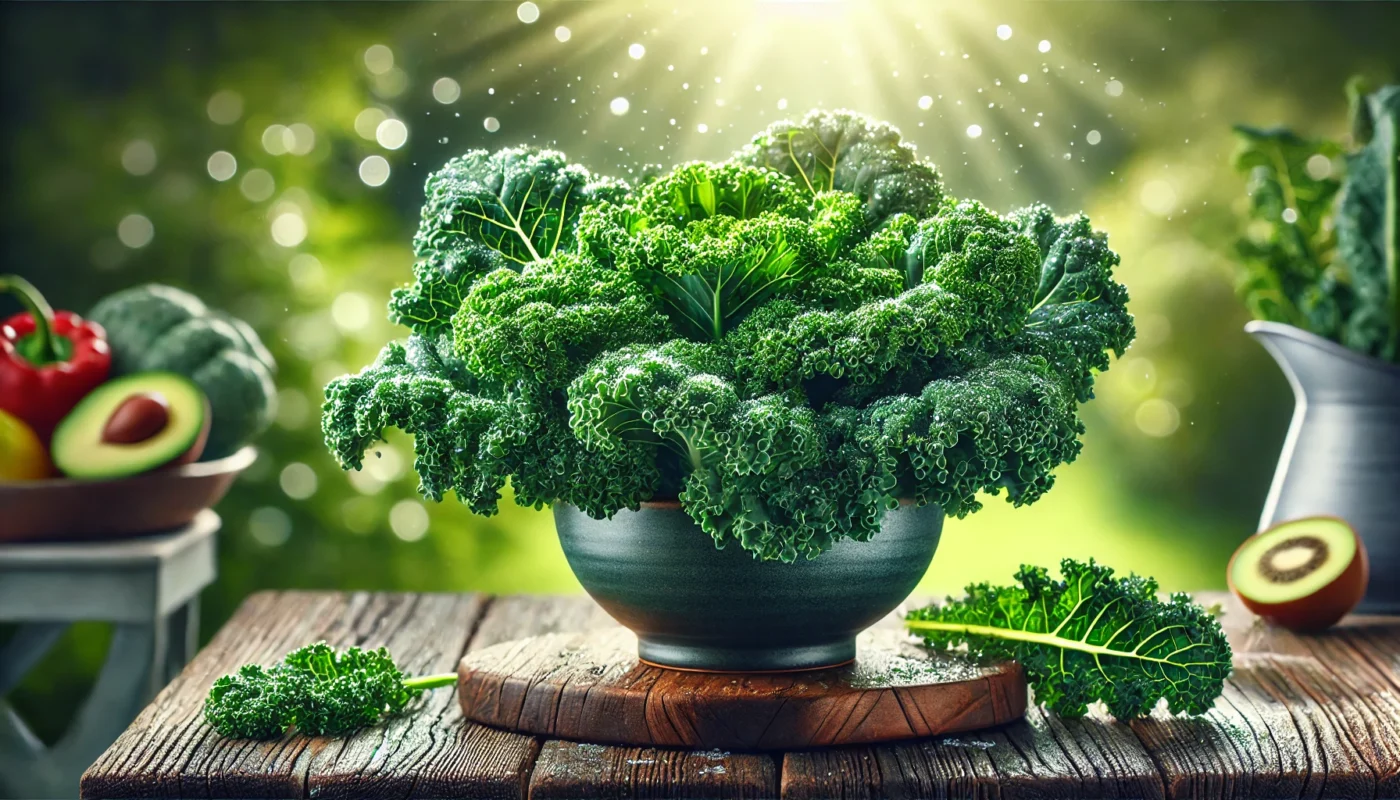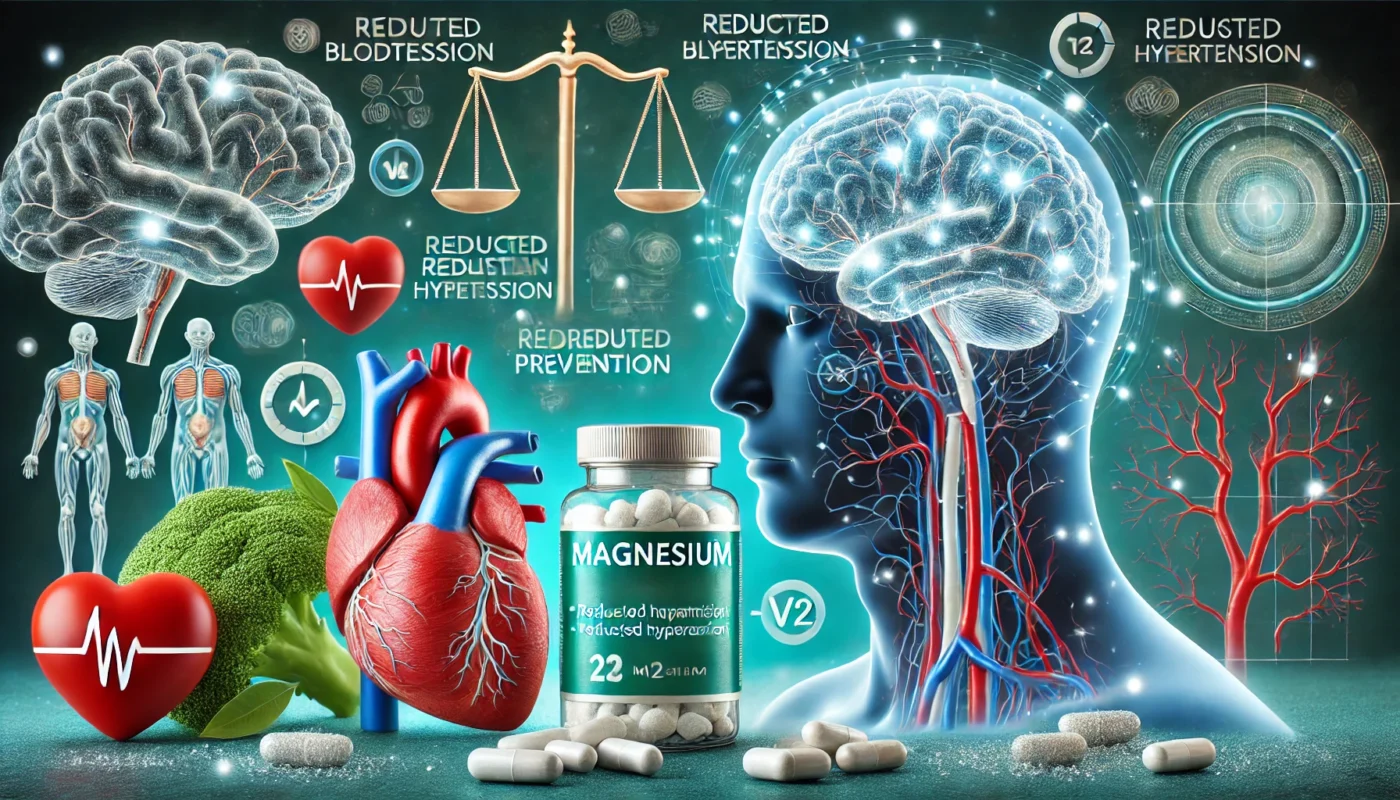Heart inflammation, medically known as myocarditis, refers to the inflammation of the heart muscle. This condition can be triggered by various factors, including viral infections, autoimmune diseases, and exposure to certain drugs or toxins. The inflammation can impact the heart’s ability to pump blood effectively, leading to a range of symptoms and potential complications.
Tag Archives: Heart Health
Inflammation is the body’s natural response to injury or infection, designed to eliminate harmful stimuli and initiate the healing process. It’s a complex biological response involving various cells, proteins, and signaling pathways. Essentially, when your body senses an injury or pathogen, it releases chemicals that initiate an inflammatory reaction.
The anti-inflammatory diet is not a strict regimen but rather a way of selecting foods that support your body’s natural defense mechanisms. It emphasizes whole, unprocessed foods while minimizing consumption of refined sugars, processed meats, and unhealthy fats. The goal is to include a variety of fruits, vegetables, whole grains, lean proteins, and healthy fats.
Before diving into the specifics, it’s crucial to grasp the relationship between nuts and inflammation. Nuts are nutrient-dense foods packed with healthy fats, fiber, protein, vitamins, and minerals. While some might wonder, “are nuts inflammatory?” the answer largely depends on the type and quantity consumed. Generally, most nuts are beneficial in moderating inflammation due to their rich antioxidant content.
In the quest for optimal health and wellness, incorporating superfoods into your diet is a strategy worth considering. Superfood vegetables, often hailed for their exceptional nutrient density and health benefits, offer a range of advantages that can support everything from heart health to cancer prevention. In this article, we delve into the top 10 superfood veggies that can make a significant impact on your health journey.
In the realm of heart health, triglycerides often steal the spotlight alongside cholesterol. While cholesterol is infamous for its role in heart disease, elevated triglycerides can also be a significant risk factor. Fortunately, nature provides us with a bountiful remedy—walnuts. This article delves into the properties of walnuts and their potential as a natural solution for managing triglyceride levels.
Stroke is a leading cause of death and disability worldwide, affecting over 12 million people annually, according to the World Stroke Organization. Preventing stroke involves managing risk factors like high blood pressure, diabetes, and inflammation. While lifestyle modifications such as exercise and a balanced diet play a critical role, researchers are increasingly exploring the role […]
Inflammation is a natural response of our bodies. It’s a defense mechanism against injury, infection, or disease. But when it becomes chronic, it can lead to serious health issues.
This is where diet comes into play. Certain foods and beverages can help manage inflammation. They contain compounds that have anti-inflammatory properties.
Among these, beverages are a convenient and enjoyable option. They can be easily incorporated into our daily routines. But not all beverages are created equal.
Some are packed with sugar and artificial additives. These can actually increase inflammation. So, it’s crucial to make informed choices.
In this article, we’ll explore the top five anti-inflammatory beverages. These drinks are not only delicious but also packed with health benefits. They can help you combat inflammation naturally.
We’ll delve into the science behind these beverages. We’ll also provide practical tips on how to prepare and consume them.
Chronic diseases such as cardiovascular disease, diabetes, and neurodegenerative disorders are leading causes of morbidity and mortality worldwide. Oxidative stress, inflammation, and poor metabolic regulation are key drivers of these conditions, and addressing these underlying factors is critical for prevention and management. Zinc, a trace mineral essential for numerous biological processes, plays a vital role […]
Maintaining optimal cardiovascular health is a priority for millions worldwide. One of the critical markers of cardiovascular risk is elevated triglycerides, a type of fat found in the blood. Elevated triglycerides are linked to an increased risk of heart disease, metabolic syndrome, and other chronic conditions. While lifestyle modifications and medications play a vital role […]










